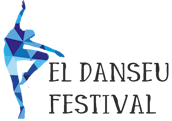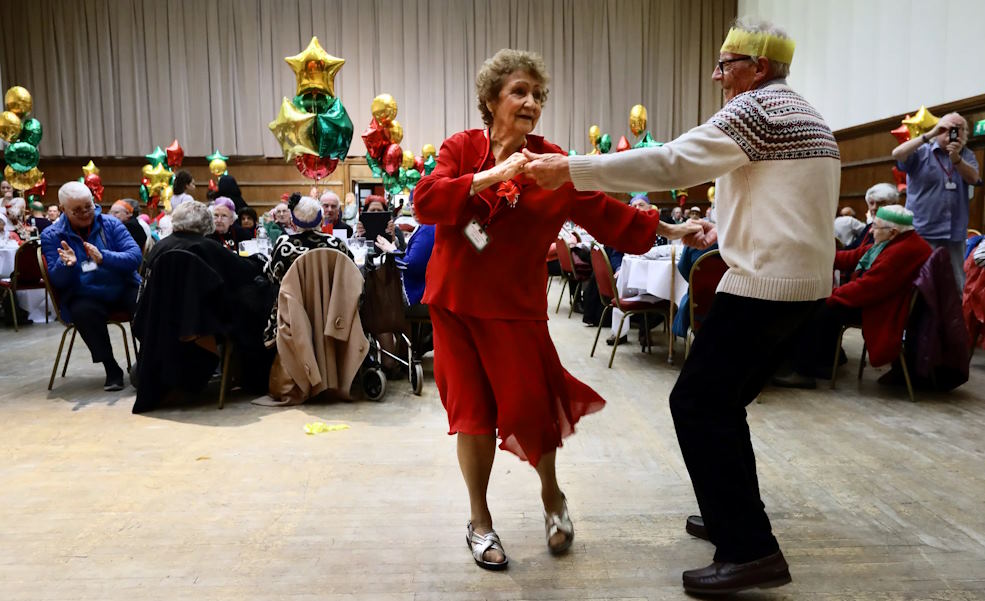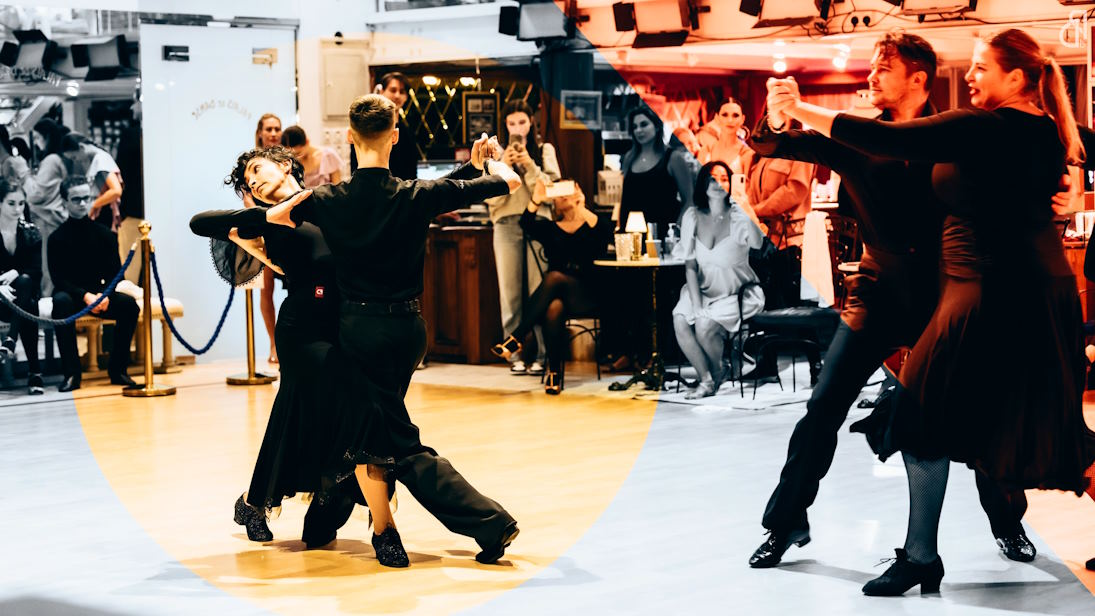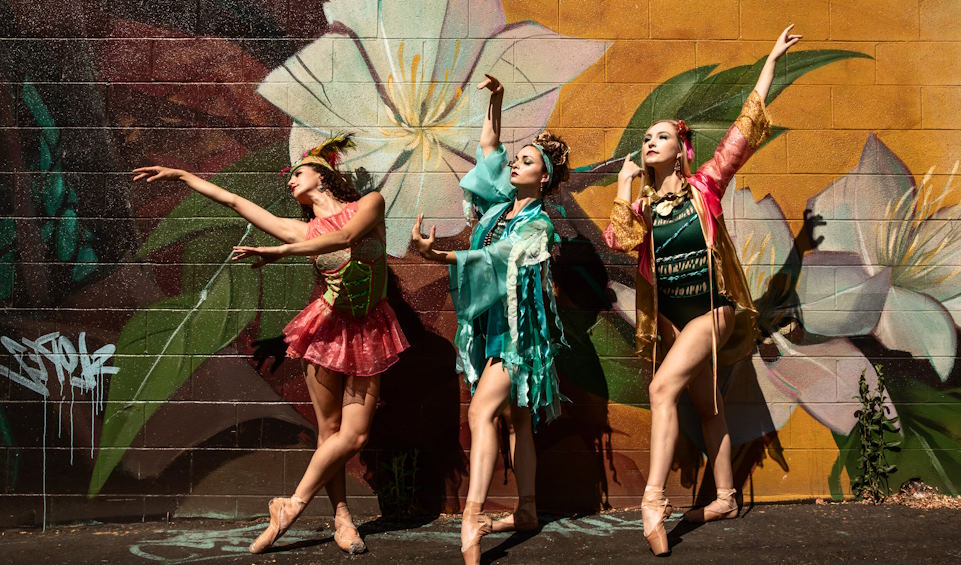Dance isn’t just an art form or a social activity—it’s a powerful tool that can help seniors maintain their health, happiness, and vitality. The benefits of dance extend beyond the physical; they encompass the mental and emotional aspects of well-being as well. Dance events offer seniors the opportunity to engage in enjoyable physical activity while simultaneously fostering social connections and stimulating the mind.
The Role of Dance in Promoting Health and Well-Being
Dance isn’t merely a form of artistic expression or a social activity—it’s a powerful tool that can help seniors maintain their health, happiness, and vitality. The benefits of dance extend beyond the physical; they encompass the mental and emotional aspects of well-being as well. Let’s delve into the diverse advantages of dance for seniors, highlighting how it can be a key element in enhancing their overall quality of life.
Dance and Physical Health
The physical health benefits of dance for seniors are remarkable. Dance is an excellent way to improve cardiovascular health, with its rhythmic movements increasing heart rate and circulation. It also enhances flexibility and balance, reducing the risk of falls and injuries. Weight management and muscle strength are additional advantages, helping seniors maintain a healthy body mass and stay strong as they age.
Mental Health and Emotional Well-Being
Beyond the physical benefits, dance has a profound impact on mental health. It’s a potent stress-reducer, lifting moods and providing an outlet for emotional expression. The cognitive benefits of dance are particularly noteworthy, as it stimulates mental agility, memory retention, and problem-solving skills. Furthermore, the social engagement that dance events provide helps combat loneliness and foster a sense of community among seniors, which is crucial for their emotional well-being.

Dance Events Tailored for Seniors
Dance offers a wide array of styles and events that can cater to the diverse needs and preferences of seniors. Let’s explore some of these options and how they are adapted to ensure accessibility and inclusivity.
Types of Dance Events
- Line Dancing: Line dancing is a popular choice for seniors, featuring synchronized steps and formations to a variety of music genres. It’s accessible and easy to learn, making it an ideal choice for beginners.
- Ballroom Dancing: Ballroom dancing encompasses elegant styles like waltz, tango, and foxtrot. It’s a classic option for seniors who enjoy graceful, partner-based dances.
- Zumba for Seniors: Zumba, adapted for seniors, combines Latin and international music with dance moves to create an energetic, full-body workout.
Accessibility and Inclusivity
To make dance events welcoming to seniors, organizations often host classes in senior centers, community centers, and retirement communities. These venues ensure proximity and comfort for older participants. Classes are tailored to accommodate varying fitness levels, so everyone can participate at their own pace. Additionally, adaptations and accommodations are made for individuals with mobility challenges, ensuring that dance is inclusive for all.
Overcoming Barriers
Despite the numerous benefits of dance, there can be common concerns and misconceptions about dancing in old age. Let’s address these concerns and discuss how to overcome barriers to participation.
Common Concerns and Misconceptions
Many seniors worry that they are too old, too uncoordinated, or too out of shape to dance. Dispelling these myths is crucial, as dance can be adapted to suit various abilities and fitness levels. Encouragement from family, caregivers, and the community can help seniors overcome these self-imposed limitations.
Addressing Physical Limitations and Safety Precautions
It’s important to acknowledge and address physical limitations and safety concerns. Seniors should consult with their healthcare providers before starting any new physical activity. Proper warm-up and cool-down routines, suitable footwear and attire, and staying hydrated are essential safety considerations.
Getting Started with Dance
If you’re a senior looking to embrace dance as a way to stay active and enjoy life to the fullest, here are some practical steps to help you get started.
Choosing the Right Dance Style
Select a dance style that appeals to you and suits your fitness level. Whether it’s the lively rhythms of Zumba, the elegance of ballroom, or the fun and camaraderie of line dancing, there’s a style for everyone.
Finding Local Dance Events and Classes
Look for local dance classes and events tailored to seniors. Senior centers, community centers, and local dance studios often offer specialized classes. These venues provide a welcoming environment for older individuals to learn and enjoy dance.
Setting Realistic Goals and Expectations
Set achievable goals, whether it’s mastering a specific dance routine, improving your balance, or simply having fun. Recognize that everyone progresses at their own pace, and the journey itself is immensely rewarding.
Building a Support Network
Engage with fellow dancers, make friends, and create a support network. The social aspect of dance is a significant part of its appeal, and sharing the experience with others can enhance your enjoyment.
Tips for Staying Active and Safe
As you embark on your dance journey, it’s important to keep in mind some essential tips to ensure you stay active and safe.
- Warm-Up and Cool-Down Routines: Always warm up before dancing to prevent injuries and cool down afterward to promote muscle recovery.
- Proper Footwear and Attire: Wear comfortable clothing and appropriate footwear that supports your feet and provides good traction.
- Hydration and Nutrition: Stay hydrated during dance sessions and maintain a balanced diet to support your energy levels.
- Listening to Your Body: Pay attention to your body’s signals. If you experience pain or discomfort, consult a healthcare professional for guidance.
Dance Events and Longevity
The positive effects of dance on the aging population go beyond physical health and mental well-being. Research suggests that dancing may be linked to a longer, healthier life. Dance can be a pivotal component of a holistic approach to senior well-being, contributing to a fulfilling and joyful retirement.




